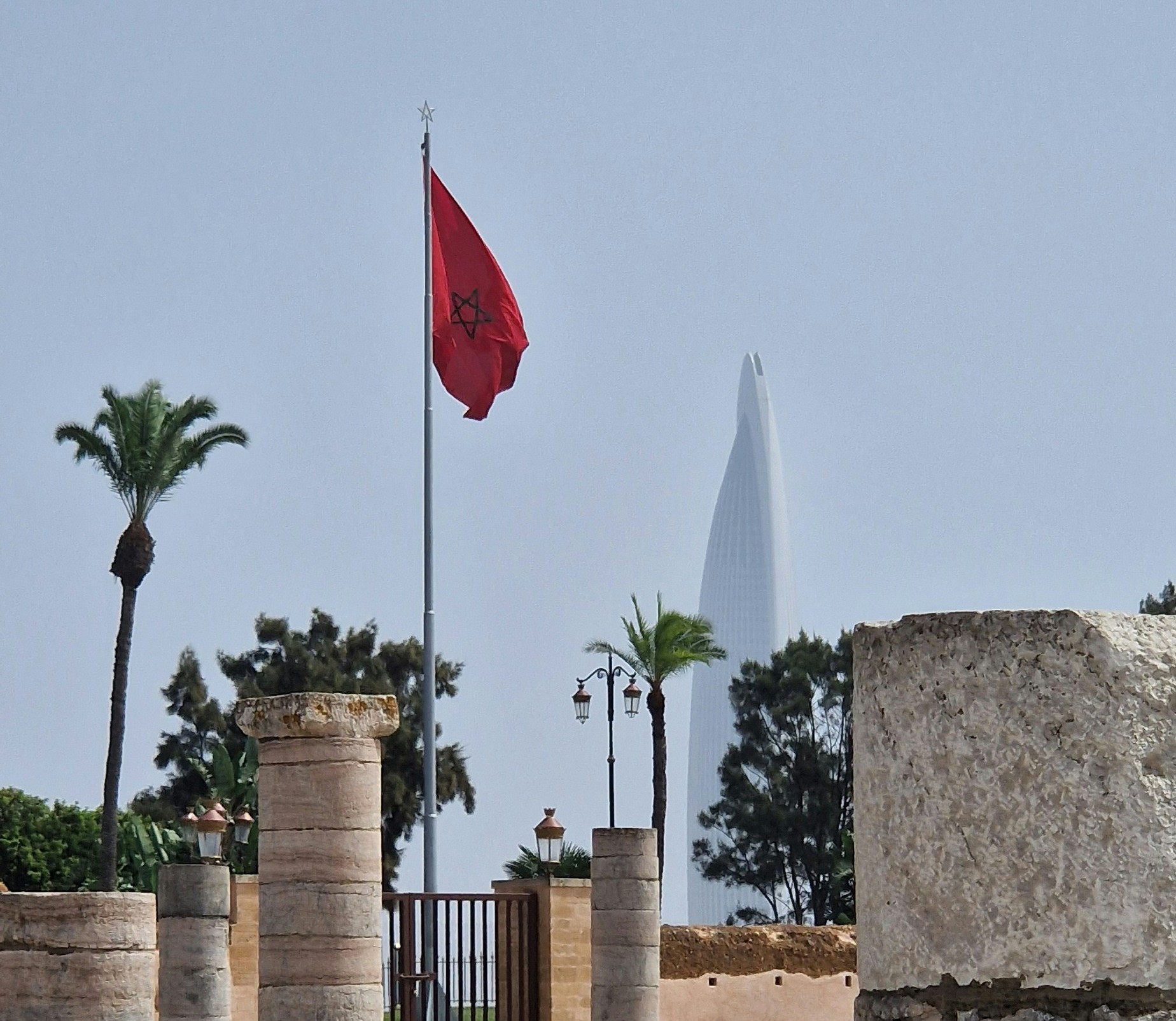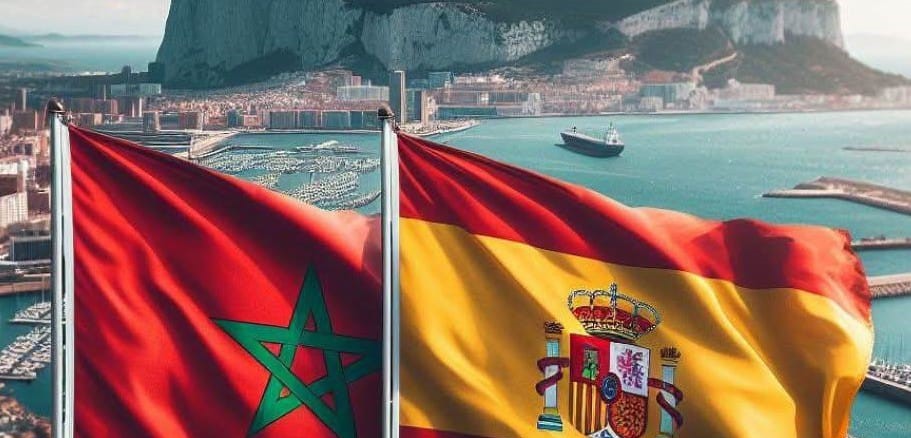Casablanca – Morocco is taking significant steps to regulate the rapidly growing but largely unregulated crypto asset sector. The General Secretariat of the Government has published a draft law on crypto assets for public consultation, marking a major milestone in the country’s efforts to establish a structured, secure legal framework for digital assets.
The draft law aims to create clear rules governing the issuance, use, and trading of crypto assets while ensuring investor protection and financial system stability. It also addresses risks such as fraud, market manipulation, money laundering, and terrorism financing, while promoting innovation in financial and digital services.
Scope of the draft law
The legislation covers several types of crypto assets. Utility tokens, which grant access to a specific product or service provided by the issuer, are included, as well as asset-backed tokens, commonly known as stablecoins, which are designed to maintain a stable value. However, some digital activities fall outside the law’s scope: central bank digital currencies, NFTs tied to collectibles or artworks, and crypto mining using specialized equipment are not covered.
Market participants and licensing
The draft law specifies who can operate in Morocco’s crypto sector. Only licensed crypto service providers (CSPs), approved by the Moroccan Capital Market Authority (AMMC), may offer crypto-related services. These entities must be commercial companies headquartered in Morocco, with a professional purpose focused on crypto services and fully paid-up capital, the minimum of which is set by the Finance Minister.
In addition, banks, financial institutions, and other authorized market operators may provide crypto services alongside their main activities if approved by the AMMC. All participants must comply with stringent regulatory standards and governance rules.
Services covered
Under the proposed framework, licensed crypto service providers could offer a wide range of services, including:
- Custody and management of crypto assets for clients.
- Operation of crypto trading platforms.
- Buying and selling crypto assets against traditional currencies.
- Crypto-to-crypto exchanges.
- Execution of client orders, investment advice, and portfolio management.
- Transfer of crypto assets on behalf of clients.
Before starting operations, service providers must submit a detailed application to the AMMC, which has up to 120 days to approve or reject the request. Rejections must be justified, and authorities can request additional documents or information during the review period.
Investor protection and market integrity
The draft law establishes strict rules to protect investors and ensure market integrity. It prohibits market manipulation, insider trading, and the disclosure of privileged information. Crypto service providers and token issuers must implement anti-money laundering (AML) and counter-terrorism financing (CFT) measures, including risk assessment, preventive controls, and reporting obligations to the National Financial Intelligence Unit (UTRF) and relevant supervisory authorities.
All crypto transactions must include detailed information on the originator and beneficiary, including identity, account numbers, addresses, and identification numbers. These records must be retained for ten years and made available to authorities upon request.
Regulatory and supervisory powers
The draft law also grants authorities oversight powers to supervise markets, enforce compliance, and regulate activities related to crypto assets. The framework is designed to balance innovation with security, ensuring that Morocco develops a structured and legally robust crypto market.
Looking ahead
Since 2022, Moroccan authorities have been preparing for this regulatory shift, anticipating the sector’s challenges and potential. Once enacted, the law will allow new actors to enter the market, offering diverse services such as custody, trading, advisory, and portfolio management, while ensuring transparency, investor protection, and market integrity.
Morocco’s approach positions it among the first countries in the region to implement a comprehensive regulatory framework for crypto assets, signaling a forward-looking strategy to harness the potential of digital finance while mitigating risks to the financial system.
















